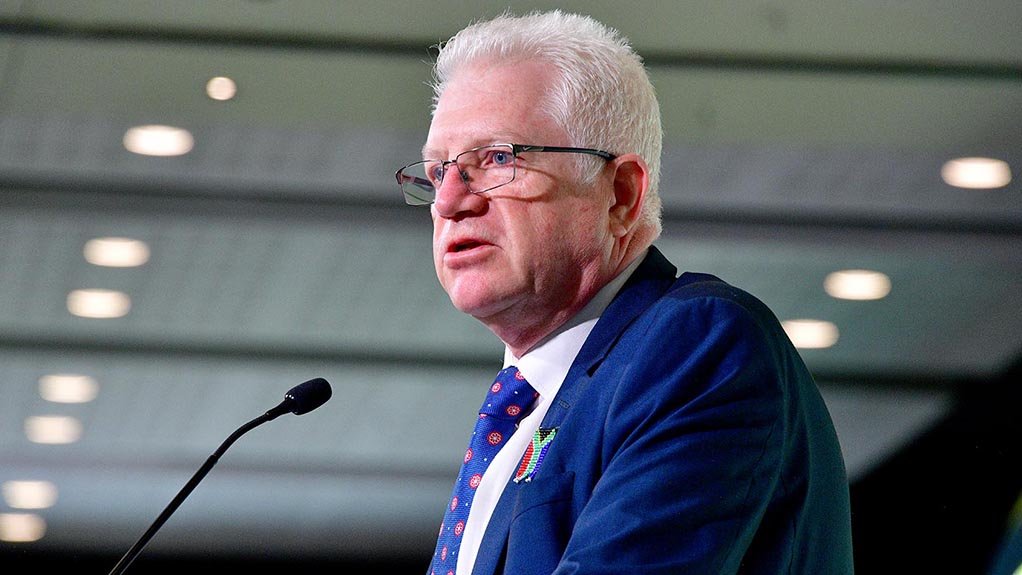The Western Cape is already feeling the effects of climate change, provincial Premier Alan Winde highlighted on Wednesday. He was addressing the Africa Green Economy Summit 2024, in Cape Town. The region’s economy, and so jobs, were being impacted, he said. This is especially so in the agricultural sector, with the Western Cape responsible for more than 50% of South Africa’s total agricultural exports.
He reported that, in the past year, the province had been hit by three major floods. Over the last heritage weekend alone, 154 Western Cape roads had been swept away, blocked, or otherwise damaged. And, so far during this summer season (which is fire season in the province, which is a winter rainfall region), and which had seen some of the highest temperatures yet recorded, there had been 4 000 fires across the province.
He further recalled the grave water crisis, caused by severe drought, that had afflicted Cape Town in 2017/18. He pointed out that the city’s water consumption was still below its pre-crisis levels, despite the increase in its population since then. However, Cape Town’s water consumption was rising back towards its early 2017 levels.
But, he observed humourously, a good crisis should never be wasted. The province had to invest in resilience and was investing in resilience.
Indeed, the whole country was making strides in addressing climate change. The South African private sector and individual homeowners had so far installed nearly 6 GW in solar energy capacity. He saluted those individuals and businesses that had done so.
He highlighted the national government’s hydrogen strategy, and the agreements it had signed with the Northern Cape and Eastern Cape provincial governments and with the Republic of Namibia, to promote the development of a hydrogen economy in the country and region. Winde further noted that South African governments (national, provincial, municipal) operated large fleets of vehicles and should use this fact to push the adoption of electric vehicles (EVs) and hydrogen-powered vehicles in the country.
“We all need to be that change that we need to do,” asserted Winde.
Western Cape trade, tourism and investment promotion agency Wesgro CEO Wrenelle Stander, in her address to the same conference, pointed out that Cape Town’s private-sector urban commuter bus company, Golden Arrow, would soon be deploying electric buses on its routes. And that the (also private sector) minibus taxi sector in the city and province was also developing minibus EV taxi projects.
She also pointed out that the province was home to numerous green transition projects. Regarding the need to ensure water resilience in the Western Cape, she assured that the necessary investment was under way, noting that, if the rise in global temperatures exceeded 2 °C above preindustrial levels, it was projected that the Western Cape’s rainfall would fall by 20%.
Looking more widely, she pointed out that, increasingly, global investment was focusing on new regions and new technologies. Africa had a competitive advantage. By 2050 it would be home to 25% of the world’s population, and its solar energy potential capacity came to 7 900 GW.
“The time for change is now,” she affirmed. “A new relationship with our planet is emerging.”
EMAIL THIS ARTICLE SAVE THIS ARTICLE ARTICLE ENQUIRY
To subscribe email subscriptions@creamermedia.co.za or click here
To advertise email advertising@creamermedia.co.za or click here











